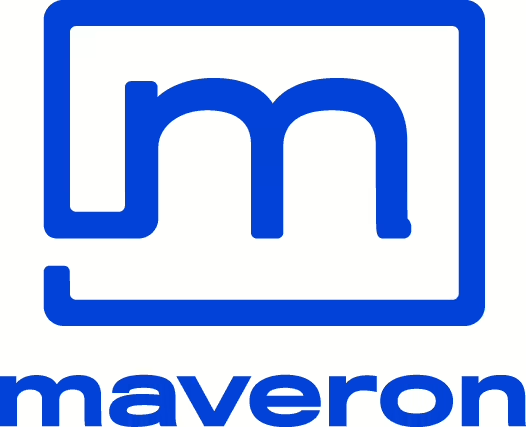The potential of capitalism lies in its ability to empower consumers and build a more inclusive and sustainable economy. At Maveron, we advocate for a different kind of capitalism—one in which economic profit isn’t the only goal. Instead, we ascribe to a capitalism of compassion, where our values are intertwined with our goal of helping companies do well and do good.
Starbucks is an example of a company that intertwines business excellence with a culture of compassion. In 1988, under Howard Schultz’s advocacy, Starbucks became the first major retailer to extend full health benefits to eligible full- and part-time employees. Three years later, ahead of its IPO, Starbucks became the first privately owned U.S. Company to offer a stock option program that includes part-time employees. The launch of Bean Stock turned every Starbucks employee into a partner because they have a share in the company’s success. In 2014, the company launched the Starbucks College Achievement Plan, a program that enables eligible U.S. partners to earn bachelor’s degrees with full tuition reimbursement.
Though unprecedented at the time, Starbucks’ decision to meaningfully invest in its partners has proven that the company can do well and do good. Today, Starbucks maintains an industry-leading workforce turnover rate of roughly 65% (compared to the industry average of roughly 150%) which has helped the company expand to over 37,000 stores globally and achieve all-time high profitability.
Much like Starbucks, the next generation of revolutionary consumer brands will need to reflect the passions and interests of their customers. Given the increasing consumer demand for environmental responsibility, it is clear that the best consumer companies will be built with sustainability in mind. Perhaps no company has been more resolute in its commitment to reverse climate change through better business than Allbirds.
Allbirds, a Maveron portfolio company, was built on the premise that the best shoes should be simple, comfortable, and made from natural materials. From day one, Allbirds has relentlessly innovated against this mission which has culminated in the development of novel renewable materials, product launches, and business model innovations that have established Allbirds as the world’s most sustainable shoe brand.
In 2018, Allbirds created SweetFoam, a carbon-negative, sugarcane-derived midsole. Then, in 2020, Allbirds became the first fashion brand to label 100% of its products with carbon footprints. In 2023, Allbirds launched M0.0NSHOT, the world’s first net zero carbon shoe, along with RECIPE B0.0K, an open-sourced toolkit detailing how Allbirds achieved this momentous milestone. By 2030, Allbirds has committed to reducing its carbon footprint to near zero. The culmination of this work has cemented Allbirds as a brand known for making the most comfortable, simple, and sustainable shoes on the planet.
Today, Allbirds is one of just five publicly-traded stand-alone U.S. consumer companies that is B Corp-certified. Other Maveron portfolio companies, such as Lovevery and Nécessaire, have followed suit with the goal to do well and do good. Throughout my over 25 years as a venture capitalist, one lesson has remained abundantly clear: when we succeed in our mission to serve our founders and limited partners by investing in revolutionary consumer companies, the world prospers along with us.
Dan Levitan is Co-Founder and General Partner of Maveron, an early-stage venture capital firm that invests in technology-enabled consumer businesses. Outside of Maveron, Dan serves on the Boards of Trustees of Seattle Children’s Healthcare System and Seattle Children’s Hospital, where he also serves on the Investment Advisory Committee. Dan is also chair of Brothers for Life, a charity that helps wounded Israeli combat soldiers.













